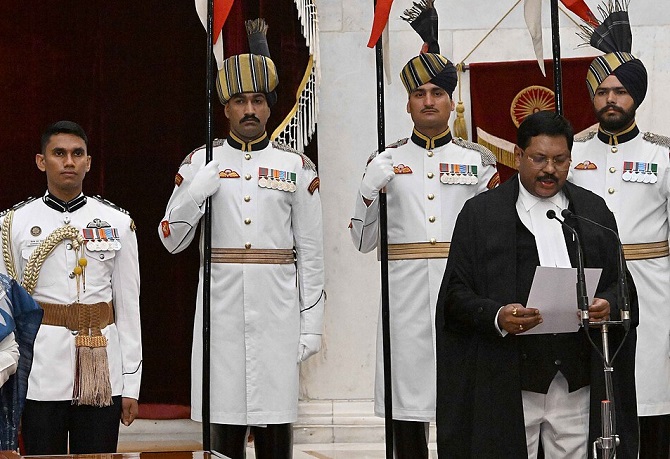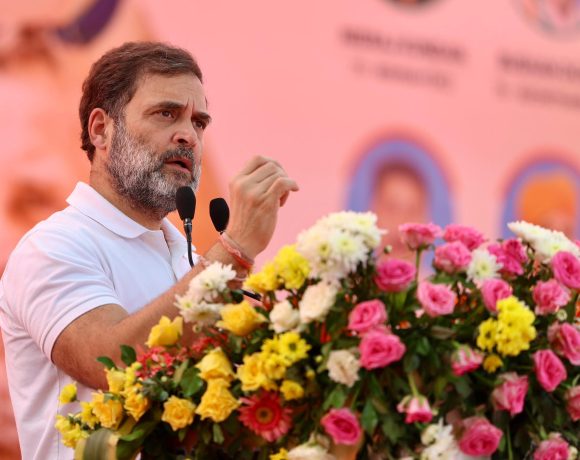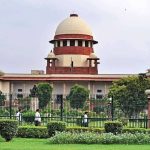
CJI Gavai: Constitution Supreme, All Branches Must Collaborate
In his first public address as the 52nd Chief Justice of India, Justice Bhushan Ramkrishna Gavai asserted that the Constitution holds ultimate supremacy over all branches of the Indian state. Speaking at a felicitation ceremony hosted by the Bar Council of Maharashtra and Goa in Mumbai on May 18, CJI Gavai emphasized the need for harmonious functioning of the judiciary, executive, and legislature within the constitutional framework.
Constitutional Supremacy is Non-Negotiable
CJI Gavai firmly stated that none of the three organs of government is superior to the other, as all derive their legitimacy from the Constitution.
“The basic structure is strong, and all three pillars of the Constitution are equal. And all the organs of the Constitution must reciprocate and give due respect to each other.”
His remarks came at a time when the Supreme Court is hearing matters relating to time-bound obligations for Governors and the President in approving or withholding assent to state bills. President Droupadi Murmu recently invoked Article 143(1) of the Constitution, seeking the Court’s advisory opinion on whether it can direct constitutional authorities to act within fixed timelines. The CJI’s remarks thus take added significance in reinforcing the constitutional balance between institutions.
The Basic Structure Doctrine Stands Tall
Justice Gavai also underscored the continuing relevance of the basic structure doctrine, which acts as a safeguard against legislative overreach. He reiterated that while the Parliament has the authority to amend the Constitution, it cannot damage or destroy its foundational pillars such as the supremacy of the Constitution, federalism, secularism, and the independence of the judiciary.
The doctrine, first laid down in the landmark Kesavananda Bharati case, continues to be a touchstone for assessing constitutional validity of amendments. The CJI’s public endorsement of this principle is seen as a reaffirmation of judicial commitment to preserving India’s constitutional ethos.
Call for Mutual Respect Between Institutions
Justice Gavai also raised eyebrows during his address by highlighting a perceived lapse in protocol during his arrival in Mumbai. Noting the absence of the state’s top administrative and police officials to receive him, he said,
“If the chief secretary of the state, DGP, or Mumbai Police Commissioner do not want to come to receive when the Chief Justice of India, who is from Maharashtra, has arrived for the first time, it’s up to them to think about it.”
Following the public remark, Maharashtra’s Chief Secretary, Director General of Police, and Mumbai Police Commissioner reportedly issued apologies, acknowledging the lapse and clarifying the situation was not deliberate.
While the matter was settled cordially, the comment served to underscore the broader theme of the CJI’s address — that all institutions must show mutual regard to ensure the smooth and dignified functioning of constitutional democracy.


















